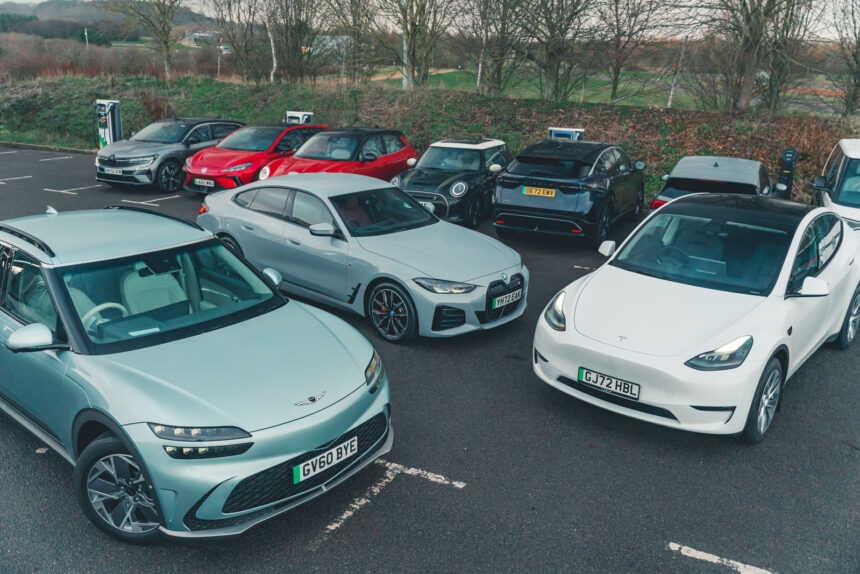The year 2024 was a tumultuous one for the electric vehicle (EV) market in the UK. Car manufacturers went to great lengths to meet the zero-emission vehicle (ZEV) mandate, with 22% of their sales being electric. This led to a frenzy of discounts on EVs, with some models selling at an average discount of 9.8%.
The discounts offered on expensive electric cars were so significant that it made cheaper brands seem expensive in comparison. Manufacturers were slashing prices on generally higher-end models in an attempt to persuade skeptical buyers to make the switch to electric vehicles. The Society of Motor Manufacturers and Traders (SMMT) estimated that car makers spent £4 billion on discounts throughout the year.
While the discounts helped drive sales, they also put pressure on profit margins for car makers. Nissan, for example, posted a substantial half-year loss in Europe, with the UK accounting for a significant portion of its sales. Retailer margins were also impacted, with some dealers seeing a decline in profits due to the push for EV sales.
Sales to disability charity Motability saw a significant increase, with a 31% jump in sales in the year to September. Demonstrator sales to dealers also surged, as car companies tried to showcase the latest EVs to potential buyers. However, the overall fall in cars’ residual values, including EVs, led to a loss for Motability in the first half of the year.
Despite the challenges faced by the industry, car manufacturers managed to meet the ZEV mandate targets by the end of 2024. The discounting on EVs began to slow down as the year came to a close, with some brands generating enough surplus credits to sell to others struggling to comply. Flexibilities in the ZEV mandate scheme, such as selling more hybrid cars to drive down CO2 emissions, helped some brands meet the targets.
Looking ahead to 2025, car manufacturers are optimistic about the introduction of cheaper electric models that will make it easier to meet the higher 28% EV target. The efforts made in 2024 to hit the ZEV targets were seen as heroic, showcasing that mandates can indeed drive markets towards a more sustainable future.





